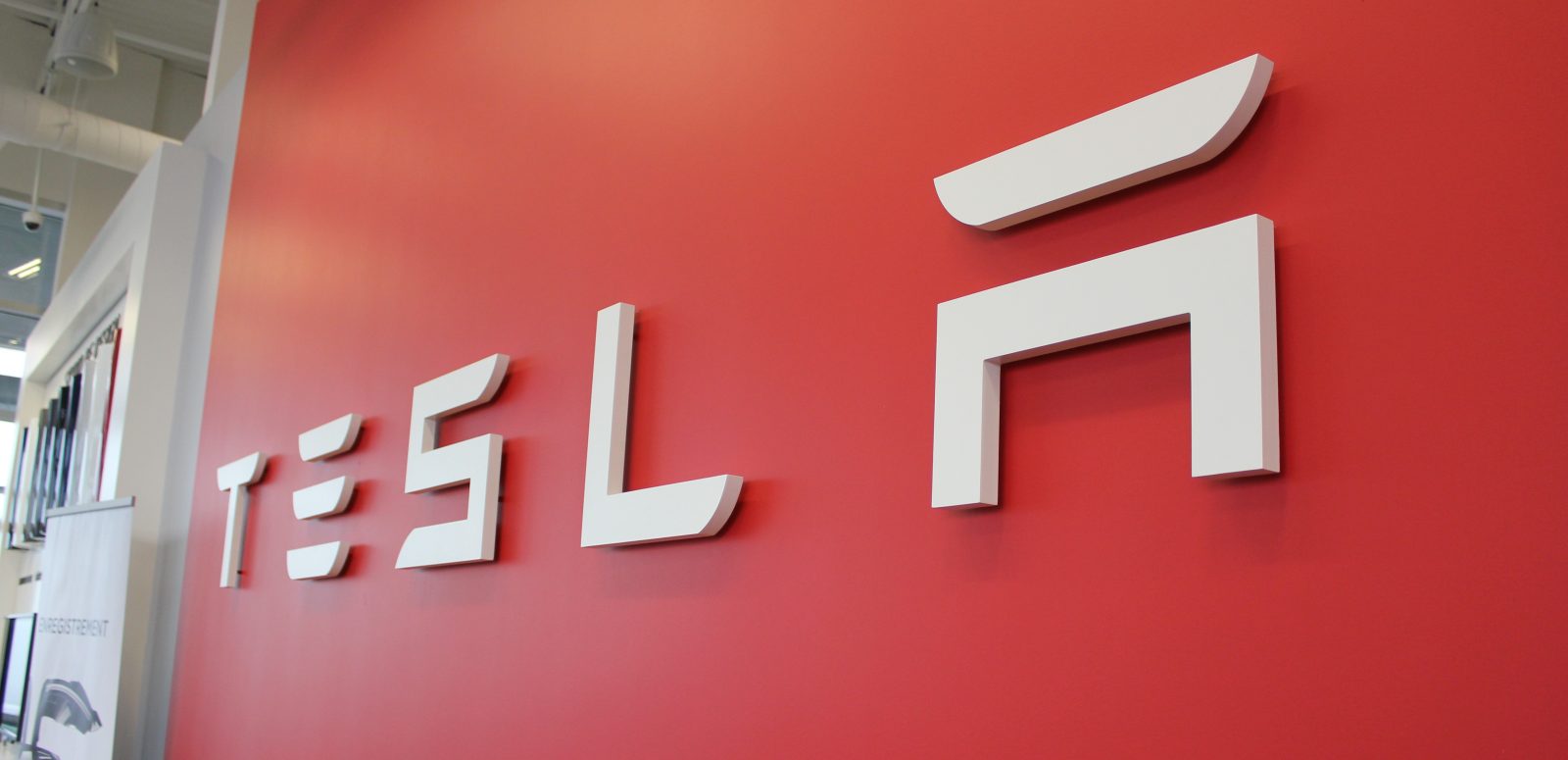
Tesla has had a rough time in China over the last few months due to tariffs imposed on US cars in the escalating trade war with Trump’s administration.
Now it looks like they might have achieved a truce as Trump claims that China agreed to lower or eliminate the tariffs on US-built cars.
Earlier this year, Tesla CEO Elon Musk went directly to Donald Trump to address issues of US-China car trade.
At first, it seemed to actually be working as the president included automotive products in the discussion.
Back in May, Tesla lowered its price by 40,000 yuan to 90,000 yuan(~$6,000 to ~$14,000 USD) depending on the model in China.
The automaker was doing it in preparation for a planned reduction of the 25% import duties that Tesla vehicles are subject to in China down to 15%.
But it backfired as the trade war started to escalate and in July, Tesla had to increases the price of Model S and Model X by over $20,000 in China due to new trade-war tariffs.
The company became subject to up to 40% in import duties for the vehicles it delivers in the country from California.
Last month, Tesla again reduced the prices of its vehicles in China by 12 to 26%, but the automaker said that it was absorbing the difference this time.
But it looks like they might not have to absorb the difference for long according to Trump:
China has agreed to reduce and remove tariffs on cars coming into China from the U.S. Currently the tariff is 40%.
— Donald J. Trump (@realDonaldTrump) December 3, 2018
It’s unclear what he means by “reduce and remove”, but it sounds like the 40% tariff will be at the very least reduced. It also goes without saying that Trump hasn’t always been forthcoming and entirely truthful in his tweets.
The market however likes the news and the stocks of several American automakers have jumped in pre-market trading following Trump’s tweet.
Tesla’s stock (TSLA) increased the most since the company has no local manufacturing yet and the tariffs were affecting the electric vehicle manufacturer pretty hard. It is up 4% ahead of opening.
The higher tariffs forced Tesla to “accelerate” the construction of their upcoming Shanghai factory citing “cost disadvantage”.
When first announcing the plant, Tesla said that it expects “construction to begin in the near future” and that it “will take roughly two years” until they start producing vehicles and “then another two to three years before the factory is fully ramped up to produce around 500,000 vehicles per year for Chinese customers.”
A few weeks later, Tesla said it would bring ‘some parts of Model 3 production’ to China as soon as next year.
FTC: We use income earning auto affiliate links. More.






Comments